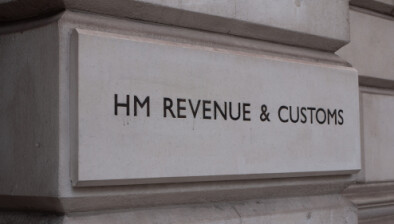HMRC admits billions lost to fraud and errors in R&D tax scheme

Susan Love – ACCA Scotland's strategic engagement lead
HM Revenue & Customs (HMRC) has disclosed that nearly 25% of the funds provided through a multi-billion-pound tax relief scheme, aimed at spurring research and development (R&D) in small to mid-sized companies, was lost to error and fraud between 2020 and 2021.
This figure, marking one of the highest loss rates across any government programme, is a significant leap from the previous error and fraud estimate of 5.5%.
Among other industry, bodies critics from ACCA Scotland and the Chartered Institute of Taxation (CIOT) are calling for radical changes and significant investment in HMRC to tackle inefficiencies, lack of transparency, and a crippling workload. They argue that current obstacles are driving businesses away from the UK’s R&D environment and are preventing effective detection and management of invalid claims.
R&D tax credits were designed to incentivise innovation and high-tech business endeavours. However, misuse of the system, including illegitimate claims, was brought to light in a recent investigation by The Times.
The inquiry revealed that up to £1.1 billion was lost across both the small and large company R&D schemes in the 2020-21 fiscal year, with the smaller firms’ scheme accounting for nearly £1bn of this.
Susan Love, strategic engagement lead at ACCA Scotland, suggests restricting R&D claims to agents who are members of the Professional Conduct in Taxation Group (PCRT) to would ease HMRC’s workload and uphold high professional standards. She added: “At the moment HMRC is using a sticking plaster on a gaping wound of a regime. This can’t go on.”
HMRC has recognised the level of non-compliance as “unacceptable” and is implementing new measures to address the issues. Despite these ongoing issues, HMRC emphasises that the R&D schemes remain a crucial driver of innovation.








